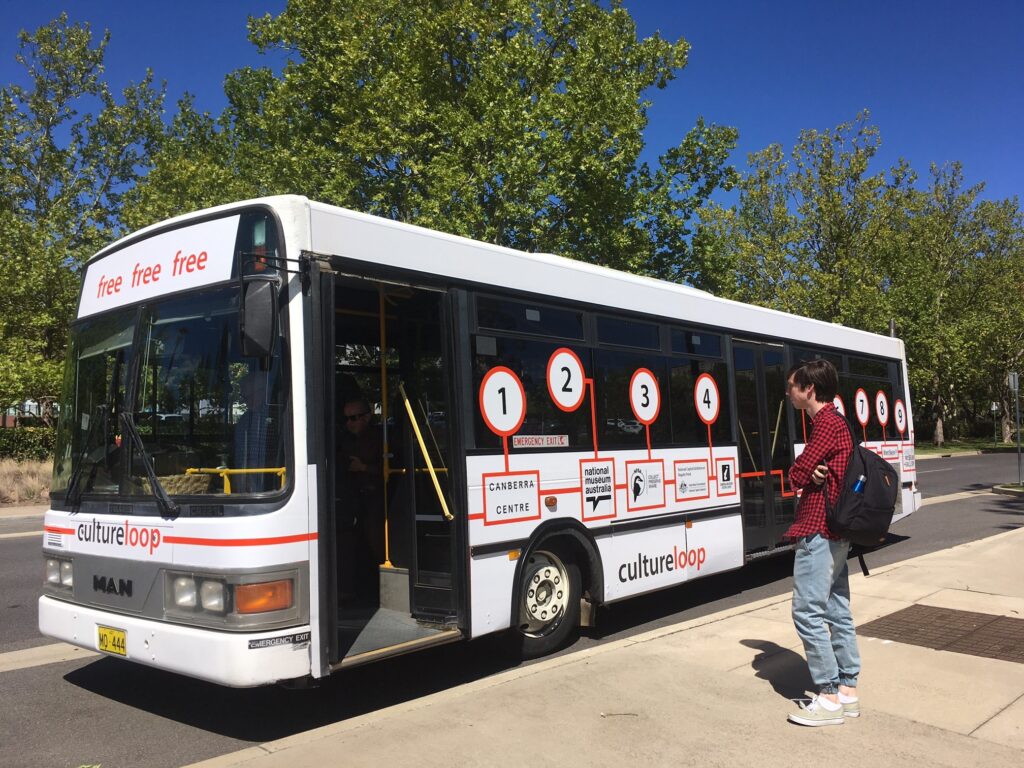How places, policies and infrastructure support arts and culture on the frontline.

This research theme explores the social value of arts and culture in context, including their position and function as community assets and as anchor cultural institutions in the civic realm. The role and influence of local and situated contexts including policy frameworks, public infrastructures and professional networks are also considered.
Highlighted project: The Social Outcomes of Taking Part in Place-based Cultural Programmes: A review of the evidence
Researchers at the Institute of Cultural Capital (Drs Rafaela Ganga and Kerry Wilson) were commissioned by the What Works Centre for Wellbeing, Arts and Humanities Research Council and Spirit of 2012, to conduct a systematic review on the social impacts of place-based arts and cultural interventions, including events, festivals and mega-events. The rapid review, completed between July and October 2022, considered:
- existing research on the social impact of relevant arts and cultural interventions;
- knowledge on the methodologies and measures used for assessing the impact of arts and cultural interventions, fostering different levels of cultural participation;
- the quality of the existing evidence-base, informing the future agenda for impact research within the sector;
- key research developments to improve the robustness of cultural policy research methods.
Further reading
Arts & Wellbeing: A review of the social value of place-based arts interventions
The social value of place-based creative wellbeing: A rapid review and evidence synthesis
Highlighted project: The In Harmony Liverpool Research Network
The In Harmony Liverpool Research Network brought together an international community of interest to consider and debate the impact and value of the In Harmony Liverpool programme, led by the Royal Liverpool Philharmonic (RLP). Inspired by the Venezuelan El Sistema initiative, In Harmony Liverpool uses the symphony orchestra as a means of engaging young children (aged 4 years upwards) in music education and performance, adopting the Sistema philosophy of working with children from the most deprived parts of the country. Launched in 2009 and now one of six programmes supported by the national charity In Harmony Sistema England, In Harmony Liverpool has become an embedded feature of cultural life in Liverpool’s West Everton community.
The network was funded by the Arts and Humanities Research Council (AHRC) August 2012 – July 2013, as part of the cross-council Connected Communities programme, and led by Kerry Wilson (Principal Investigator), in association with Professor Jude Robinson, University of Liverpool (Co-investigator) and project partners RLP and the Royal Northern College of Music. Its formation was prompted and inspired by the commissioned evaluation of In Harmony Liverpool (2009-12), which has consistently indicated a range of positive impacts upon participating children, their families and the West Everton community, and made a number of operational and strategic recommendations regarding the programme’s on-going effectiveness. The network was convened to begin to consider in more critical depth emerging ideas concerning the potential long-term social and economic value of In Harmony Liverpool, using three distinct but inter-related research themes including Cultural Capital in the Community; Healthy Communities; and Music Education and Impact.
Further reading
The Orchestra, the Community and Cultural Value. A report on the In Harmony Liverpool Research Network 2012-13.
Highlighted project: The Cultural Cities Research Network
Funded by the Arts and Humanities Research Council under the Creative Economy strand of the Connected Communities programme, the Cultural Cities Research Network was formed in March 2011 to discuss the impact of bidding for the UK City of Culture 2013 title. Network members included different individuals and communities involved with or interested in the bidding process from the three shortlisted cities of Birmingham, Norwich and Sheffield, such as local authority representatives, academic researchers, arts and cultural organisations, plus other businesses, services and professions across public, private and voluntary sectors. Together the network considered what connects cities during the shared experience of bidding for cultural titles, including situated contexts, motivations and expectations, and the impact of bidding upon the policy-making process; the role of the creative economy in city strategies; and connections between different communities.
In a balanced consideration of the bidding process, findings indicate that the competition acted as a powerful catalyst in galvanising cities to think more strategically about their cultural offer, identity and heritage within a national context and in comparison to other drivers. Connections between relevant [professional] communities of practice and interest are strengthened considerably; there are limits however to the extent to which different residential, cultural or social communities become engaged at the bidding stages. Risks associated with bidding for high-profile cultural titles are also outlined – highlighting considerations for future bidding cities and those inspired by the ‘promise’ of culture-led regeneration. Network members identified a number of learning outcomes and recommendations for the UK City of Culture advisory panel, and emerging research questions on dimensions of the ‘cultural city’ including issues of cultural entitlement, collaboration, place-making and leadership.
The network was led by Kerry Wilson (Principal Investigator), in association with Co-investigators Dr David O’Brien of City University London and Prof. Ian Grosvenor of the University of Birmingham. Regional events throughout 2011, including three full-day research seminars, were supported by partners Sheffield City Council, Norwich City Council and Birmingham City Council. The final network event took place on 22nd May 2012 at the Merseyside Maritime Museum, where the outcomes of regional discussions were shared with the wider academic community. Panel members including Dr Jonathan Vickery, University of Warwick; Dr Roberta Comunian, University of Kent; Dr Oliver Mould, University of Salford; and Dr Peter Campbell, University of Liverpool, gave insightful responses drawing upon their own research on cultural policy and creative industries.
Further reading
It’s Not the Winning… Reconsidering the Cultural City. A report on the Cultural Cities Research Network 2011-12